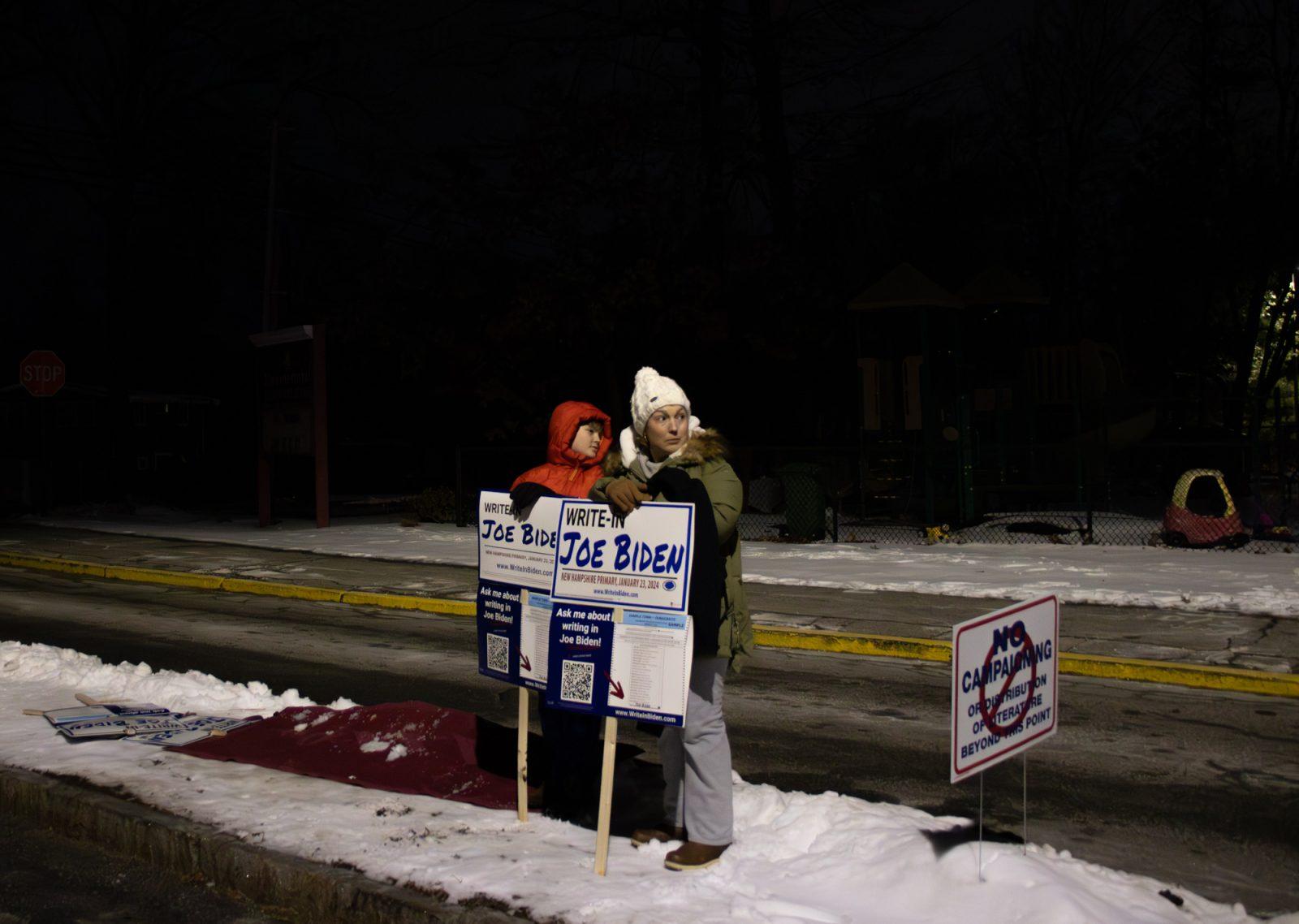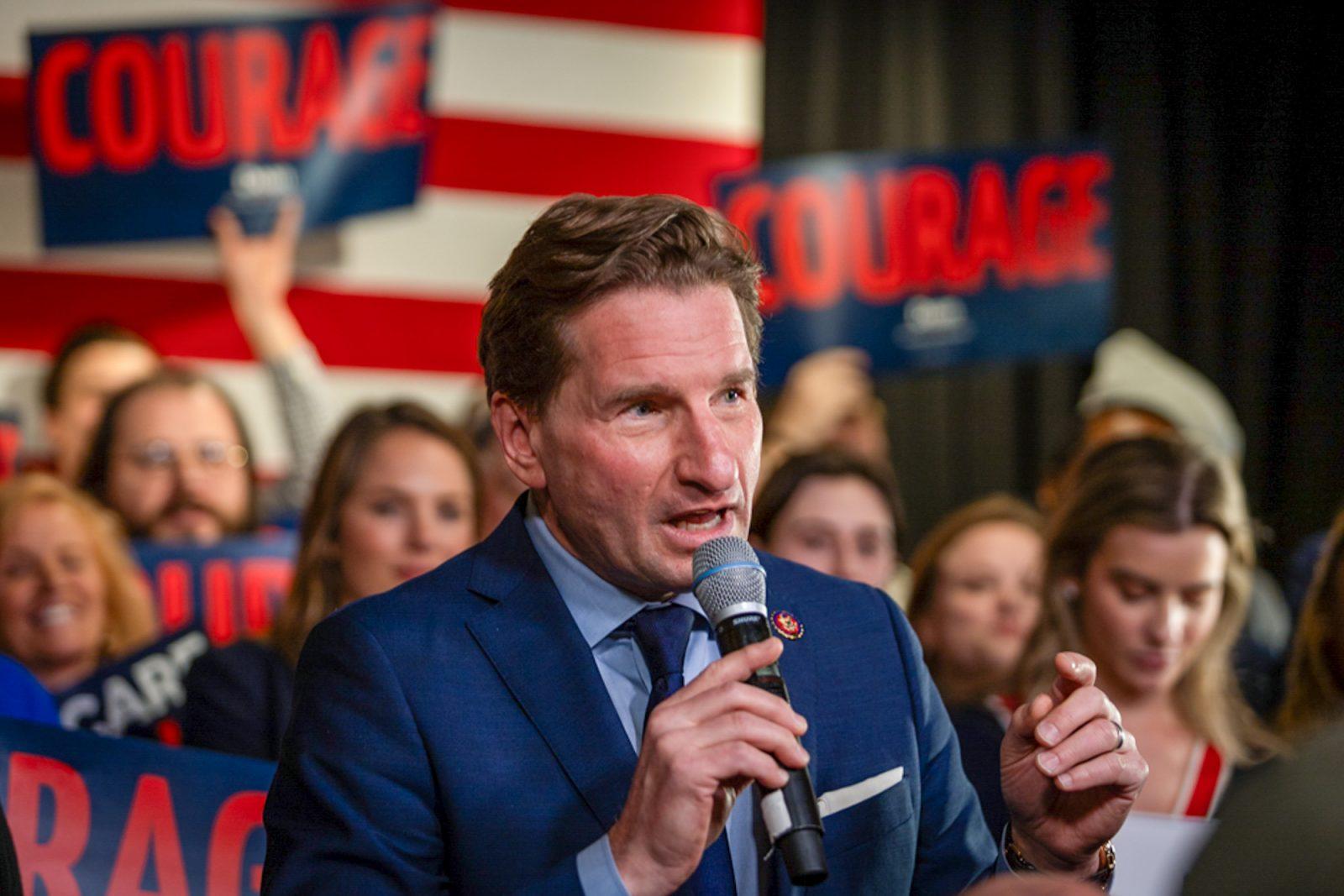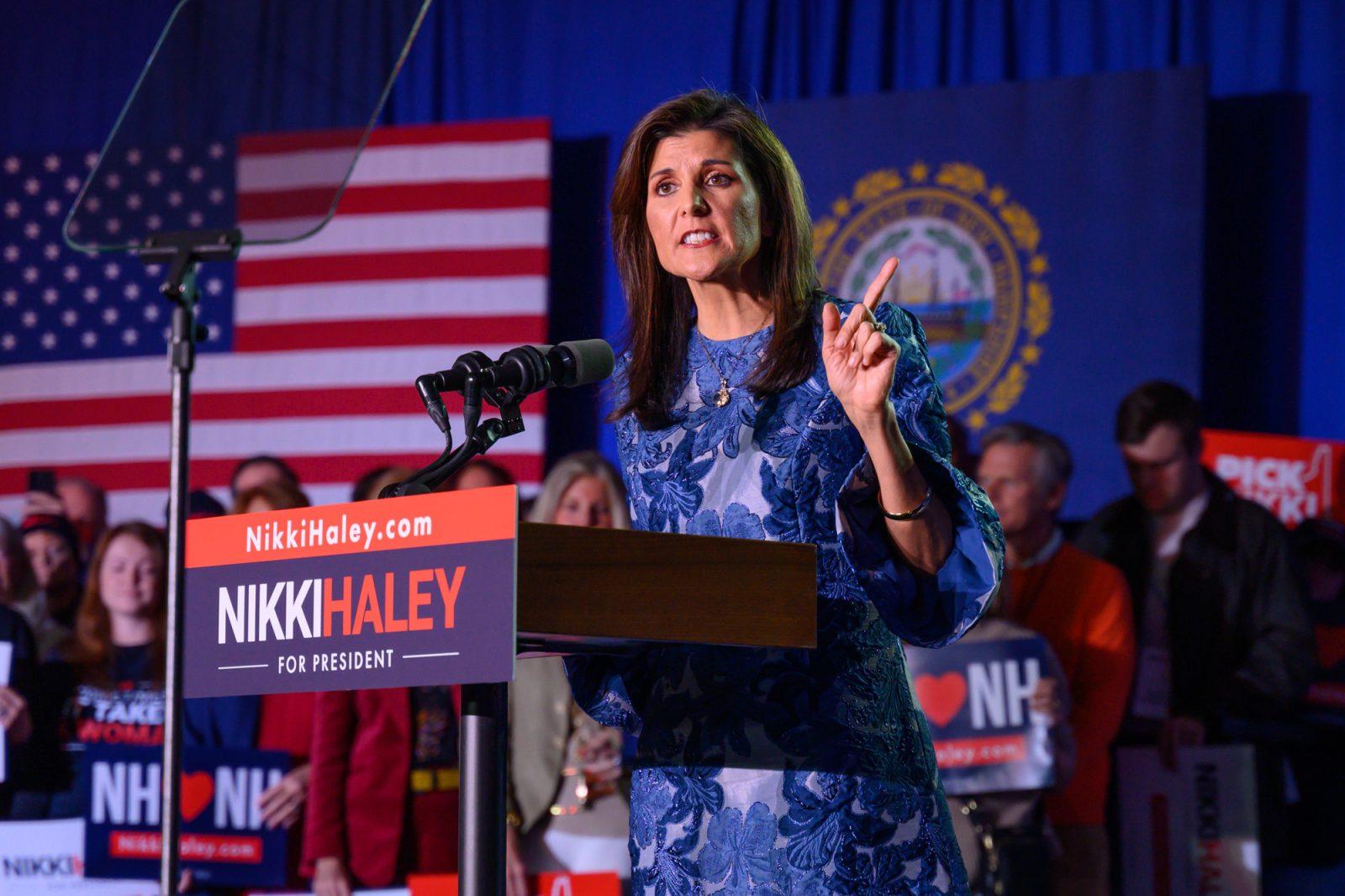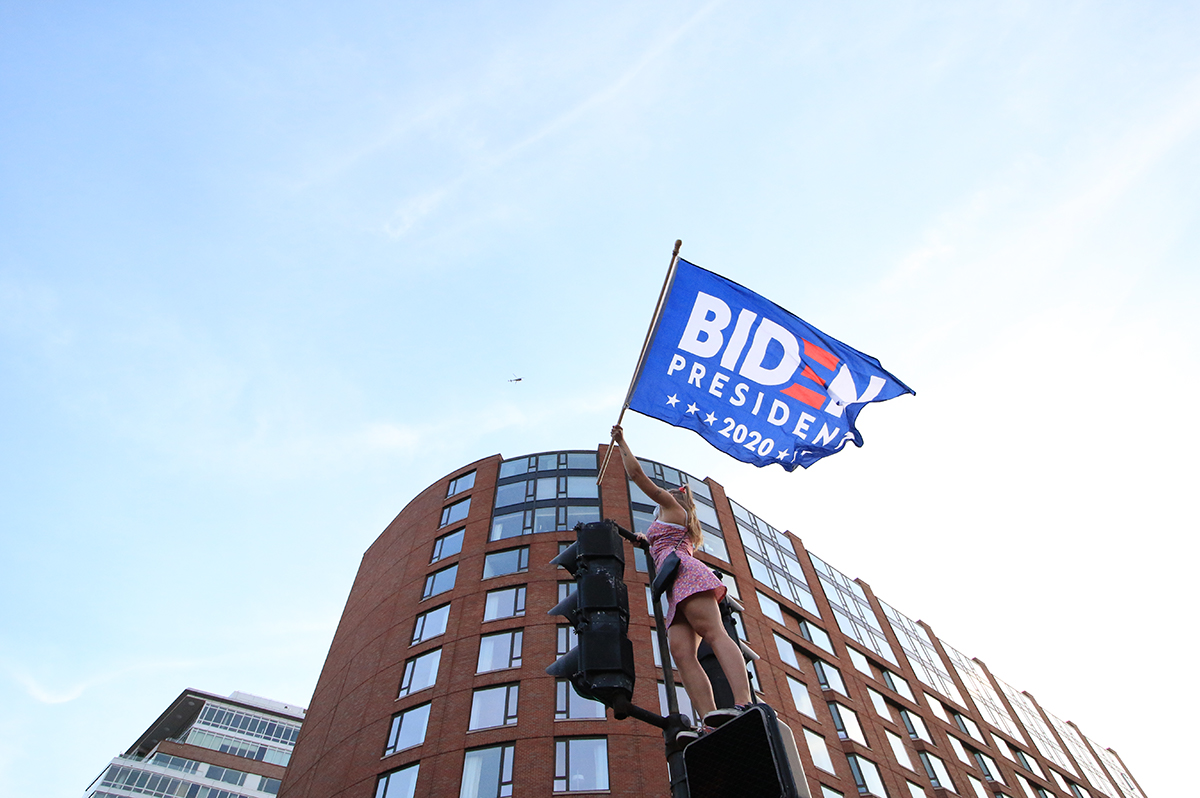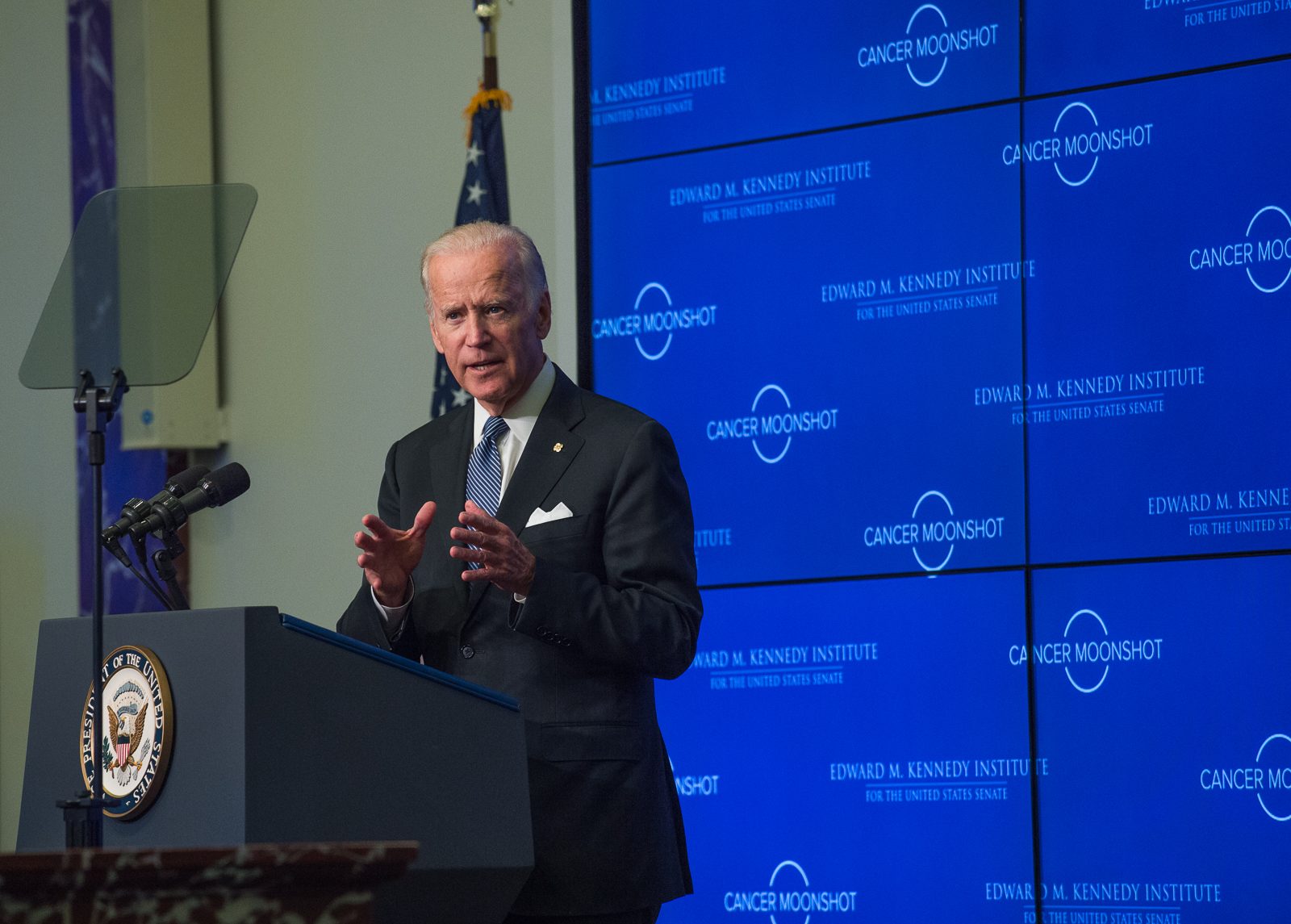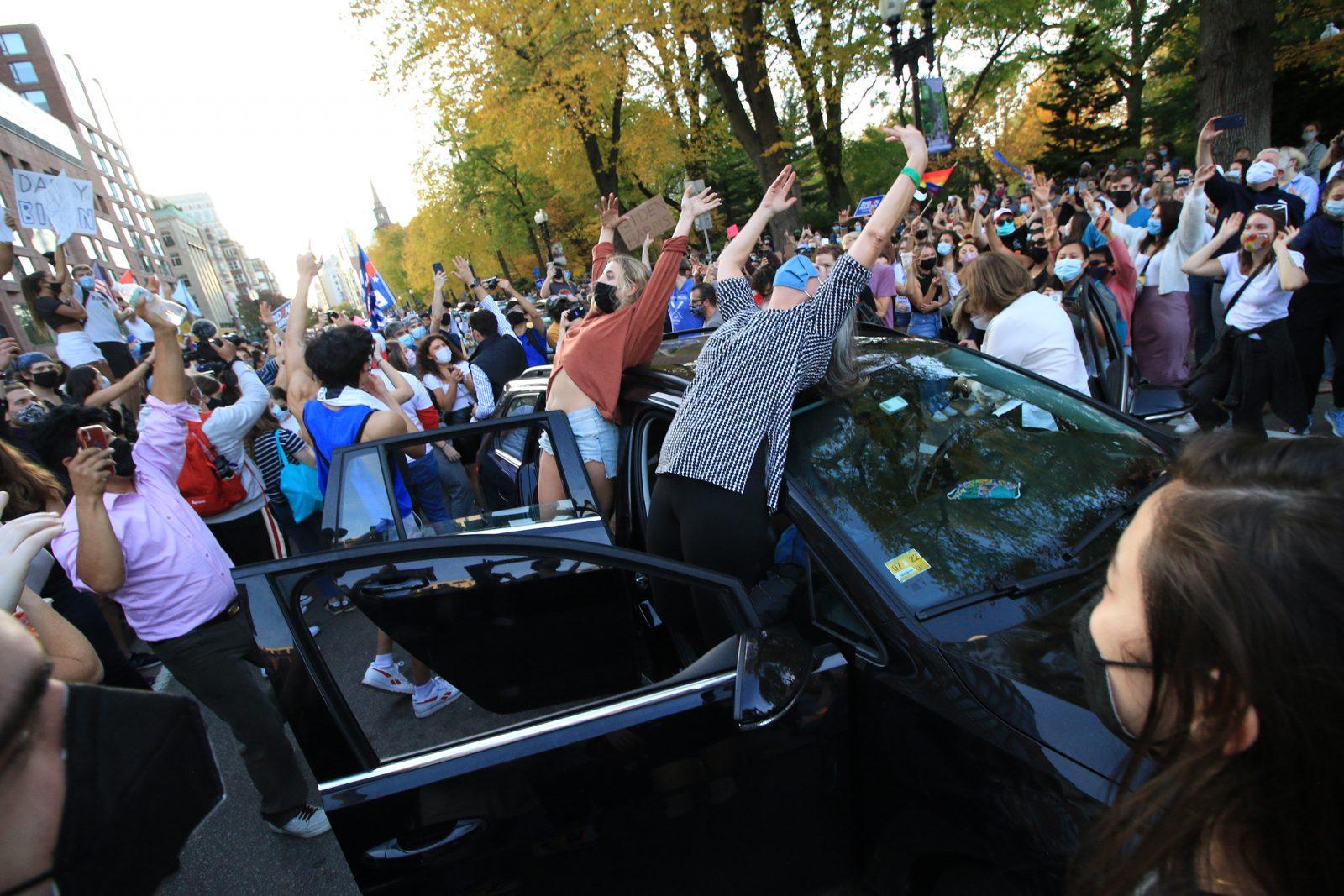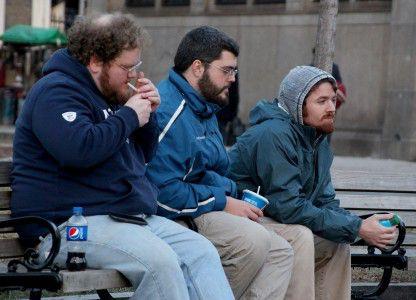
Protesters gathered in the Boston Common to smoke tobacco on Saturday to ignite conversation against a recent ordinance by City Council that banned smoking in Boston public parks.
Former Boston Mayor Thomas Menino initially proposed the smoking ban ordinance, which prohibits smoking of marijuana, tobacco and vaporizers in public parks. It came into effect almost immediately after the City Council approved the ordinance on Nov. 20. The ordinance will be enforced by the Boston Police Department, who will make violators pay a fine of $250 per violation.
“They passed this ordinance without really allowing us any input,” said Mike Cann, lead activist. “We weren’t allowed to even speak on it. It’s a blanket ordinance: there’s no place for anyone to smoke on the Common anywhere. We’re hoping to, in the very least, change it to something less severe.”
The smoking gathering, which the organizers called the “Boston Common Smoke Out/Vape Up,” was located at the Soldiers and Sailors Monument. ‘Smoke Outs’ will take place on the third Saturday of each month until the smoking ban is repealed, Cann said.
Cann, the organizer of the Smoke Out and former president of MassCANN, said selective enforcement would result from the smoking ban. The police would target people who would not be able to pay the fine, such as college students and people of a low socioeconomic status.
“We’re really concerned about selective enforcement,” he said. “That’s really why a lot of us are up here. It’s whose going to get targeted. It’s racial profiling.”
In addition to being a smoker’s rights activist, Cann is also a cannabis legalization activist. He said the ban was enacted in part to financially hurt the Freedom Rally, known by most as Hempfest, which takes place in the Boston Common every September. He is hoping more people will join the Smoke Outs by April 20, a holiday for cannabis users.
“They’re going to get bigger and bigger by the time 4/20 comes, they’re going to have a real problem here,” Cann said. “They need to address the situation, listen to what we have to say and offer us something in regards to the blanket fine that they just put down.”
Menino said he enacted the ban to protect the health of Boston residents.
‘This amendment is necessary to maintain the health and safety of our public parks and ensure that these valuable resources can be enjoyed by all Boston residents,” Menino said in a Dec. 30 release.
Among those in attendance was Garret Kirkland, 30, a technical support engineer from Boston. He said although he knows cigarettes are unhealthy, it is his choice whether or not to smoke.
“They’re definitely unhealthy for you,” he said. “That being said though, that’s really on me. The state penalized me enough with cigarette taxes I don’t really need to be told that I can’t smoke in a park [where I’m] minding my own business.”
Stephen Helfer, founder of the Cambridge Citizens for Smokers’ Rights , said he has a different view of the smoking ban.
“A lot of these bans, while they’re justified on protecting the public from secondhand smoke, are really aimed at ostracizing and alienating smokers,” he said. “From my point of view that is an abuse because it has no scientific basis and in addition to that, it infringes on people’s rights.”
Additionally, Helfer said this ban essentially shuts out poor and homeless people from the parks.
“A ban like this really affects poor and homeless people who have a very high rates in smoking and who depend on public parks for the kind of tranquility that parks offer,” he said. “So in effect they’re being exiled from the parks.”
Although none of the protesters were fined, Stake Asaill, 46, an artist from North Shore, said he and the rest of the protesters were prepared for the worst.
“We were all there waiting to get ticketed,” he said. ”But it is something we believe in.”




















































































































